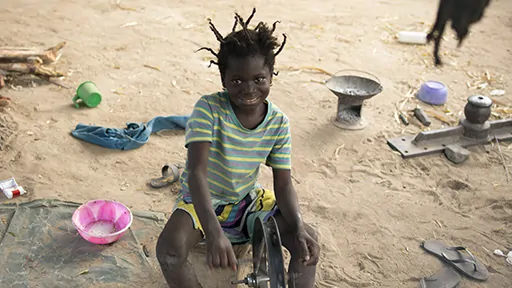Opinion Editorial Archive February, 2020: UDI

2020 was barely into its first full week when relations that had already been strained for a long time saw a dramatic new escalation of hostility. The escalation caught the world by surprise; the media focused heavily on the shock. While both parties have indicated a willingness to try to bring relations closer back to normal, everyone knows that will be complex and difficult. Security is the largest issue, but financial considerations will play a large role also.
Yet the Duke and Duchess of Sussex would have been aware of these implications when they unilaterally declared their independence from the British Royal Family last month. It was not the first such unilateral declaration of independence. The American Colonies (as the United States of America was called at the time) declared their independence unilaterally in 1776. Ireland did so in 1919, as did Rhodesia (as Zimbabwe was called at the time) in 1965. But it is the first unilateral declaration of independence to which the British Royal Family readily agreed — the independence should already be in effect by the end of next month.
Nor are the Duke and Duchess of Sussex the only ones wanting their independence. The Chagos Islands are illegally occupied by the United Kingdom according to the International Court of Justice. The United Nations set a deadline of late last year for the islands to be given back to Mauritius — one that the UK ignored. Opinion surfaced last month that it could lose its permanent seat at the UN Security Council over the dispute. Also last month, Taiwan declared, in a sense, its continued independence from China when President Tsai Ing-wen was re-elected after campaigning on a pro-independence platform. Finally, we saw Iraq vote for its military independence last month.
Many countries in West Africa gained their independence without unilaterally declaring it. Once such country is Mali (in 1960) and that is where this month's photo was taken. This young Bambara girl is in no position to seek full financial independence from her family. Yet she is not entirely supported by her family either. Although it may appear that she is playing, like many children her age in developing countries, she is actually working. The bicycle wheel she is turning controls bellows for a fire. That fire heats instruments used to decorate calabashes which are then sold. This is likely a far cry from what the Duke and Duchess of Sussex would have had in mind when announcing their plans to make their own income.
That income will likely be made eventually in the US; it is unclear how. The US is in no need of princes, dukes or duchesses (or, for that matter, earls or barons, titles which Harry also holds). Not because the supply is already plentiful, but because that country does not recognize titles of nobility. But early signs are promising. In the middle of last month the Duchess visited an advocacy organization in Vancouver and was involved in discussion about indigenous peoples' rights. At the same time the Duke re-iterated his long-standing advocacy of destigmatizing mental health issues. Perhaps, in Canada, he can help to address that country's alarmingly high suicide rate among its indigenous people.
If you enjoyed reading this month's opinion editorial, please consider supporting independent, advertising-free journalism by buying us a coffee to help us cover the cost of hosting our web site. Please click on the link or scan the QR code. Thanks!

